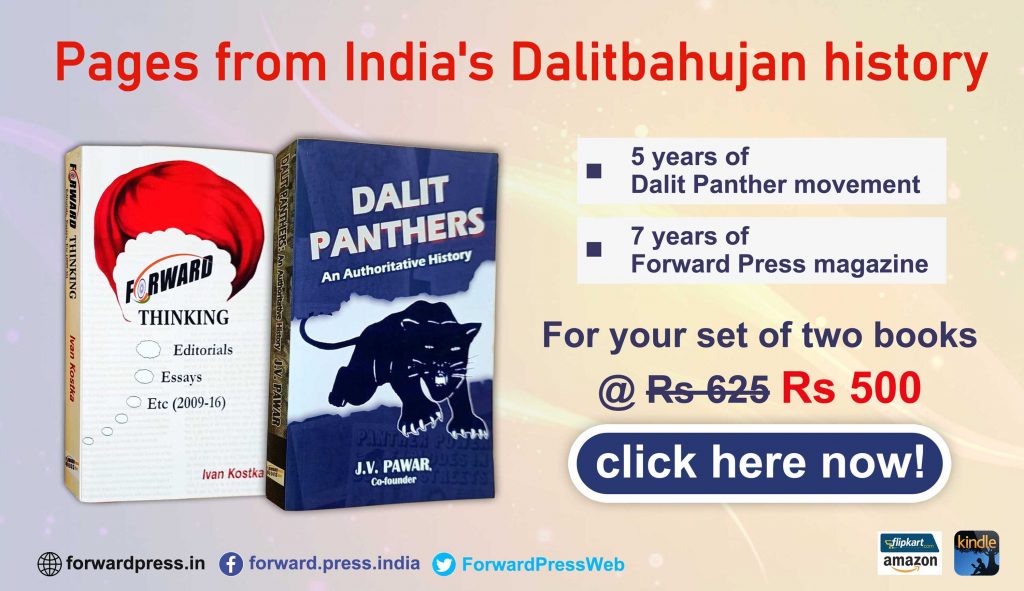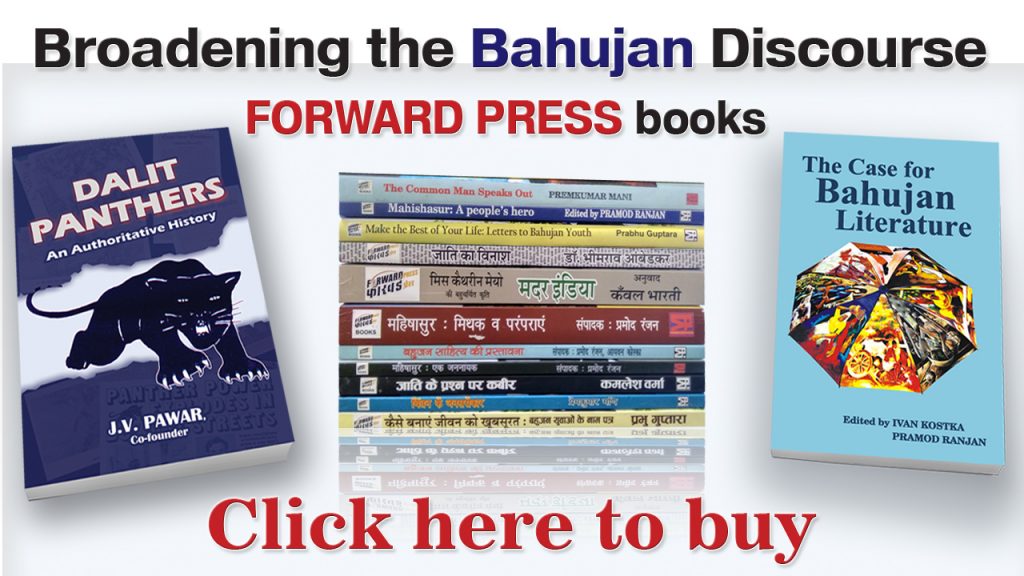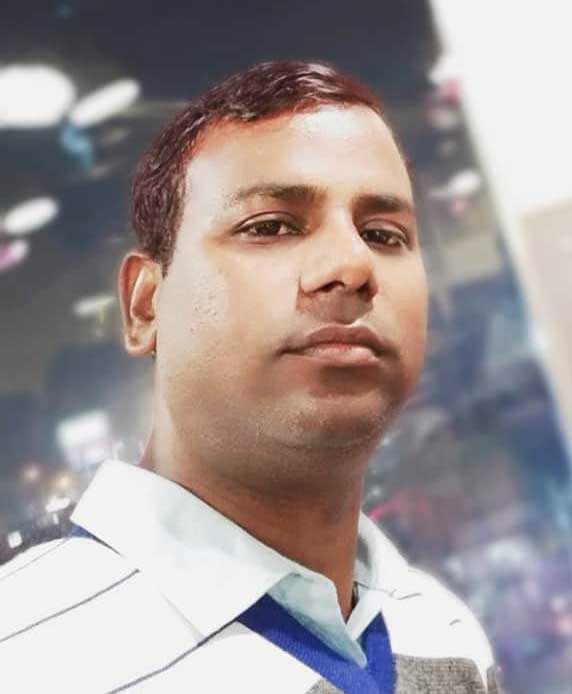Manoranjan Byapari, who came into the limelight with the publication of his autobiography Itibritte Chandal Jebon in 2012, was appointed chairperson of the State Dalit Sahitya Academy by the Mamata Banerjee-led West Bengal government last year. In the recently concluded assembly elections, he stood from the Balagarh reserved constituency on a Trinamool Congress ticket and won. The life of Manoranjan Byapari, MLA, has been full of struggles. He came to India as a refugee before the creation of Bangladesh in 1971 and hails from the Namasudra community. In 1975, when he was just 20, he was arrested for participation in a political event. He learnt to read and write during his stay in prison. After his release, he started driving a rickshaw. His meeting with Mahashweta Devi, a literary giant of Bengal, was the turning point in his life. From a rickshaw driver he became a litterateur. He worked as a cook in a government school to make ends meet. But that did not come in the way of his writing. Itibritte Chandal Jebon was followed by a novel, Batashe Baruder Gandho, which was well received. The English translation of this novel titled There is Gunpowder in the Air was shortlisted for the 2019 DSC Prize for South Asian Literature. Byapari spoke with Kartik Choudhary. Edited excerpts:
How do you see your transformation from a labourer to a litterateur and then a politician?
The life I lived as a labourer, the pain and the distress which I saw and experienced – I wrote about it. After becoming a writer, I got the opportunity to enter politics. Now I feel that while earlier I didn’t have the means to do away with their pain and distress, things are different now. Bengal has just been hit by a cyclone and torrential rain. The people are going through a difficult time. They are coming to me. They are calling me. Now, I can help them. I am helping them. Earlier, I wouldn’t be able to do this.
You have been associated with the Left parties. They were in power in Bengal for a long time. Did they never think of giving you an opportunity to contest elections?
(Emphatically) They should have. If they were genuine leftists, they would have fielded me. But they are not leftists. They are leftists for namesake. Currently, what Mamata Banerjee is doing is the work of a leftist. Currently, Mamata Banerjee is the Left.
What kind of challenges did you face while contesting the election?
The main challenge was the BJP – a dangerous party which wants to win by hook or by crook. It used every tactic to defeat me. But the people were with me and that was why I could face the challenges. I became their brother and their friend. When I came here (Balagarh), some people were already known to me. I had visited this place twice to attend book fairs. A few educated people knew what kind of work I was doing, what kind of life I had led, for whom I had worked and for whom I had come here. Initially, people were opposed to me. The local politicians often asked why would an outsider contest elections from here. He will run away after some time, they would say. Where will you look for him if you want his signature on a document? they would ask. But as days and weeks passed and I began meeting people and telling them about me, then different leaders and people began coming to me. They stood by me. People from all parties came. The party to which I belong – that party’s people were of course with me. But people from CPM also came. BJP people also came. A couple of days ago someone – he was from some other party – told me that the BSP didn’t field its candidate to avoid cutting into my votes. They did not want me to get into trouble because of them. Be that as it may, people showered their love and affection on me. We could win the constituency that we had lost by some 36,000 votes in the Lok Sabha elections, by a margin of 9,000 votes. This could not have been possible without the love and affection of the common man. The BJP spent crores of rupees. They let money flow like water to buy votes. You cannot imagine the kind of money they splurged. But still they lost. You would probably be surprised to know that this is the birthplace of Jan Sangh [the predecessor of the BJP) founder Shyama Prasad Mukherjee. I defeated his party here.
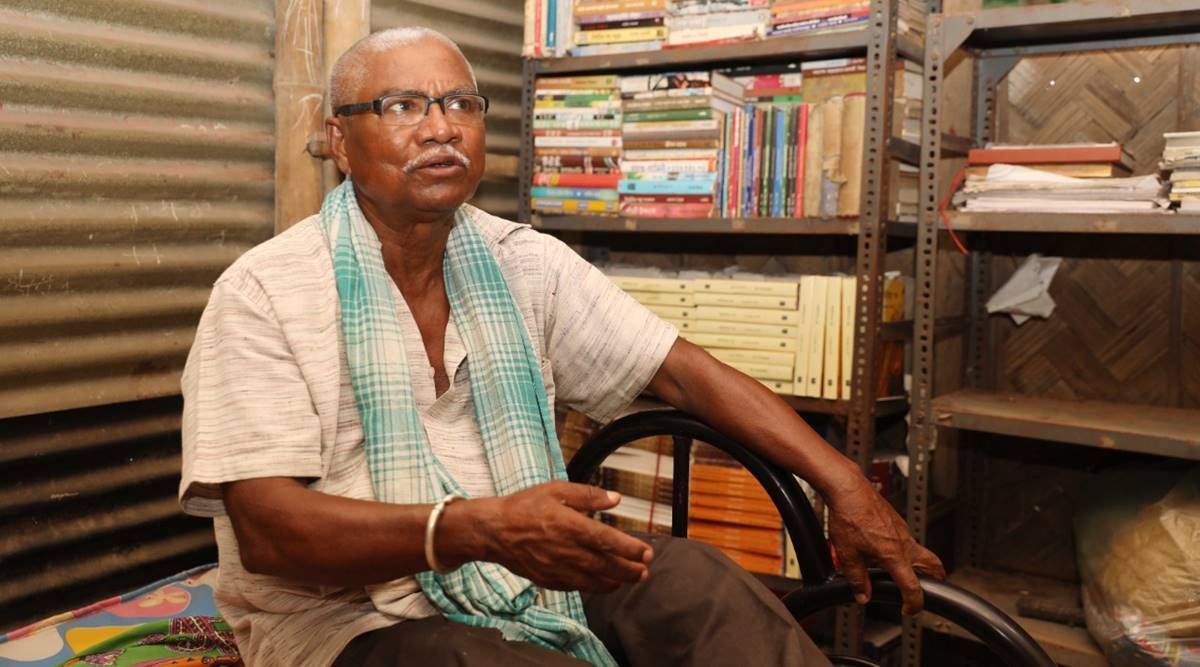
After becoming an MLA, what are your priorities?
As I said earlier, when I was writing about the people, I could not do anything for them. But now I have got the opportunity to do something. The cyclone and the heavy rain has inundated Bengal. The Ganga is breaching its banks. Entire villages are being washed away by the river. Those living on the banks are from our Dalit community. We will try to stop this. I have resolved to supply Arsenic-free water to all homes. I won’t rest till I have done this. I am planning to complete this work within a year. Mamata Didi’s biggest programme is to beautify and improve an island called Sabuj Dweep. It will generate employment for the people on a large scale and lead to a big rise in our revenues. This work has been hanging fire for the past 16 years. We plan to speed it up. This will be the main tourist destination of our state.
What are your plans regarding education?
I am not talking publicly about the issue but I am quietly holding discussions. People here send their children to Malda University for higher education. If we can have a university here, it will be a great achievement. This will be a great help to the people of Hooghly district. We are thinking about it.
What is your view on politics today? Do you think people from deprived sections of society would be able to carve out a place for themselves in politics?
Definitely. But currently, we are faced with the floods. Our opponents are thinking that we will be swept away by the floods. I hope you understand what I am getting at. We don’t have to be swept away by the floods. We have to work for the people. If you think along these lines, politics will change. Now that I am in politics I am being seen and heard. This is how powerful politics can make you. “I am a former cook”. Today, after joining politics, many powerful people have had to bow before me. We can make the people who are hurting society bow before us, we can bring them on the right path. But that can happen only when we are on the right path. The Dalits and the poor should definitely join politics. For the people who joined politics earlier, the issues of the poor and the Dalits did not exist. Had they remembered that they were poor and that they came from the Dalit communities and felt compelled to work for the betterment for their own people, our society would have improved faster. Just see the Panchayat elections held recently: those who are elected are neither from rich families nor from the higher Varnas. But what did they do? What do they do? Why do they do this? The people who have elected you – you don’t work for them? If you had spared a glance, society would have improved very quickly.
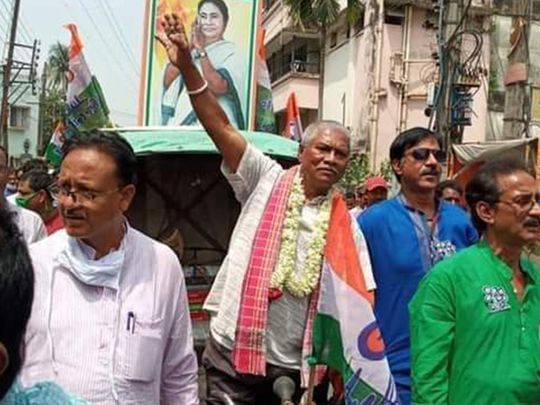
Will you continue as the chairperson of the Dalit Sahitya Academy? What are your plans for the expansion of the Academy?
I had to resign from the chairmanship of the Dalit Sahitya Academy to contest elections. Currently, I am not in the academy. If the members of the Academy want me back, they can reinstate me as the chairman. It depends on them. Setting up a library in every district and a central library is my old plan. We will hold a big book fair in Kolkata. We will publish books by Dalit writers. I had a 17-point plan. If I am again invited to Dalit Sahitya Academy, I will do carry out everything in my plan.
You have been a prolific writer. Now that you have become an MLA, has your writing been affected?
The people of my constituency have great expectations from me. I am not able to sit at home and write. I set out from my home every morning. I tour the constituency the whole day. I return at midnight. There is no time to write. But when I get a moment to spare, I will definitely write. I belong to the world of writing. My next novel will be on my journey from literature to politics.
What would be the title of that novel?
I haven’t thought about the title yet. I am writing the fourth and last volume of my autobiography, which is being serialized in a magazine called Pratibimb. I will write a novel in the times to come. Earlier, when I was not part of this system, I used to criticize it. Now that I am part of it, I can see the minute details. I am able to see where the problems lie. What can be done to fix them? I am able to see everything. I will talk about them in my novel. Many political novels have been written in the past. This will be somewhat different.
In the field of literature, you rarely have to compromise with your ideology. But in politics, you have to make these compromises. Do you think you are compromising with your ideology?
I have not faced such a problem up to now. I am saying this on the basis of my short experience. I have not been in politics for long.
(Translation: Amrish Herdenia; copy-editing: Anil)
Forward Press also publishes books on Bahujan issues. Forward Press Books sheds light on the widespread problems as well as the finer aspects of Bahujan (Dalit, OBC, Adivasi, Nomadic, Pasmanda) society, culture, literature and politics. Contact us for a list of FP Books’ titles and to order. Mobile: +917827427311, Email: info@forwardmagazine.in)
The titles from Forward Press Books are also available on Kindle and these e-books cost less than their print versions. Browse and buy:
The Case for Bahujan Literature
Dalit Panthers: An Authoritative History
